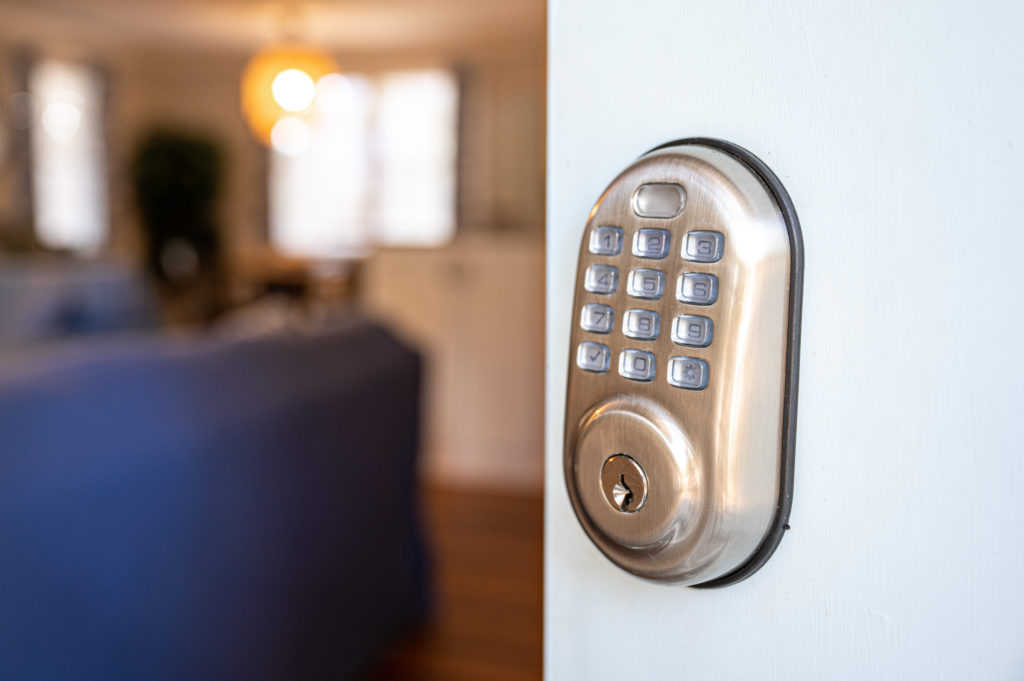Smarter homes are considered the future for several compelling reasons. As technology continues to advance and integrate into our daily lives, smart homes offer numerous benefits that improve convenience, efficiency, safety, and overall quality of life. Here are some key reasons why smarter homes are becoming increasingly popular and are likely to be a significant part of our future:
- Convenience and Automation: Smart home devices allow for seamless automation of various tasks. From controlling lights, thermostats, and appliances with voice commands or smartphone apps to setting up routines that handle multiple actions simultaneously, smart homes simplify daily activities and save time and effort.
- Energy Efficiency: Smart home systems enable better energy management, which leads to reduced energy consumption and lower utility bills. Devices like smart thermostats, lighting controls, and energy monitoring tools help optimize energy usage based on occupancy and preferences.
- Cost Savings: Although smart home devices may involve an initial investment, they can result in long-term cost savings. Energy-efficient appliances, automated heating and cooling, and water management systems contribute to lower utility expenses over time.
- Enhanced Security: Smart home security systems provide real-time monitoring and alerts, making it easier to keep your home safe and secure. Features like smart doorbells, surveillance cameras, and smart locks offer better control and visibility even when you’re away.
- Aging-in-Place: Smart home technologies can support aging adults in their desire to remain in their homes independently and safely. From motion sensors to health monitoring devices, smart homes can provide essential assistance and peace of mind for seniors and their caregivers.
- Remote Monitoring and Control: With smart home systems, you can monitor and control your home remotely, no matter where you are. This capability is beneficial for security, energy management, and adjusting settings while away from home.
- Personalization and Adaptability: Smart homes can adapt to individual preferences and routines. Machine learning and artificial intelligence enable devices to learn from user behavior and adjust settings accordingly, providing a more personalized experience.
- Integration and Interoperability: Many smart home ecosystems allow for seamless integration of devices from various manufacturers. This interoperability ensures that your smart devices can work together cohesively, offering a unified experience.
- Environmental Impact: By promoting energy efficiency and sustainable practices, smart homes contribute to a reduced environmental footprint. As more people adopt these technologies, the cumulative impact on energy consumption can be significant.
- Innovation and Advancements: The field of smart home technology is continually evolving, leading to new and improved devices and applications. As technology progresses, smarter homes will offer even more possibilities and benefits.
- Supporting Independent Living: Smart home systems can assist people with disabilities or limited mobility, empowering them to manage their living spaces with greater ease.
- Health and Wellness: Smart home devices can contribute to improved health and well-being. For instance, sleep trackers, air quality monitors, and smart home fitness equipment can help individuals make healthier lifestyle choices.
Overall, the convenience, efficiency, security, and potential for personalization make smarter homes an attractive option for homeowners and a significant part of the future of living spaces. As technology advances and becomes more accessible, the adoption of smart home devices is expected to grow, further cementing their place in our daily lives.

